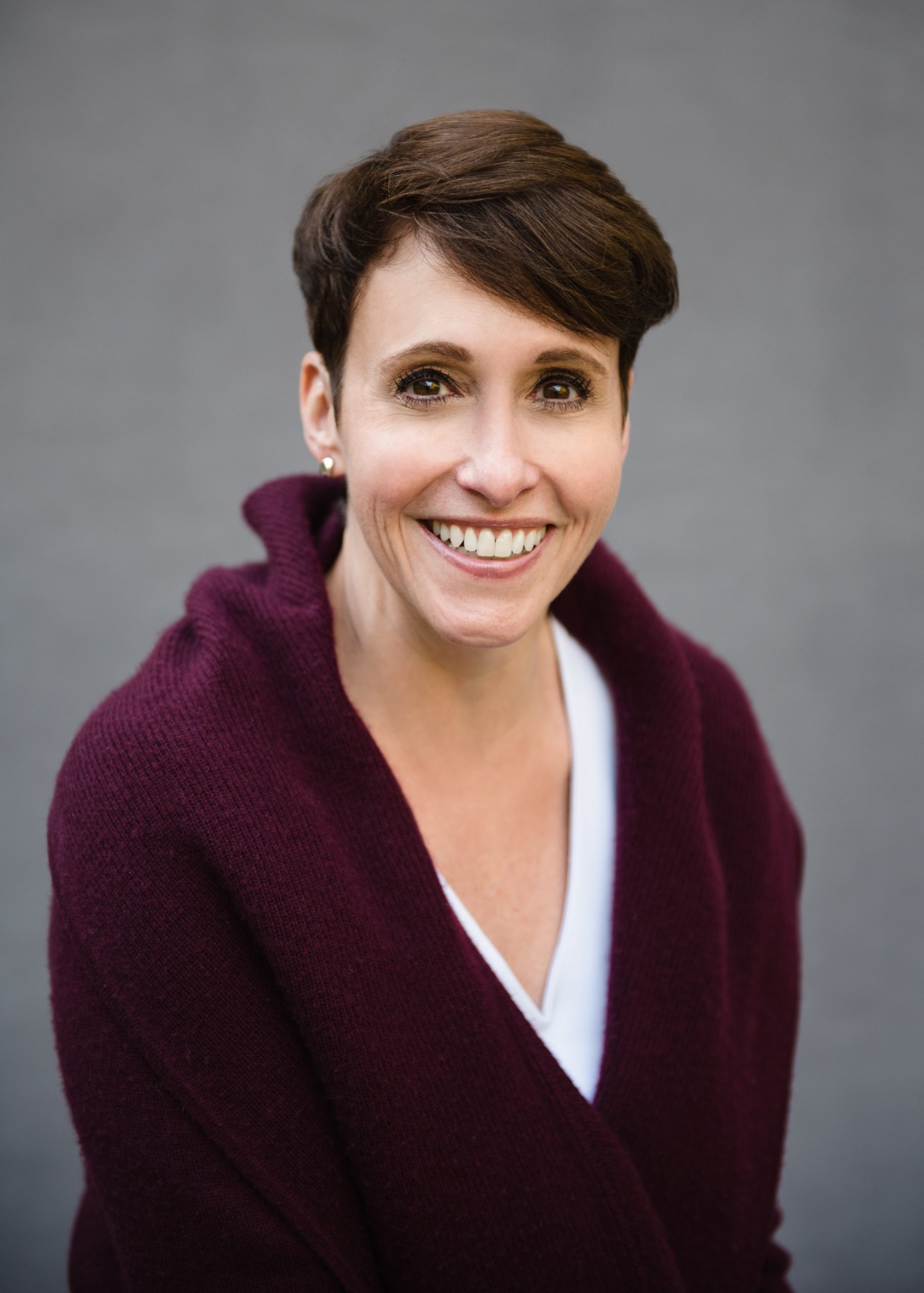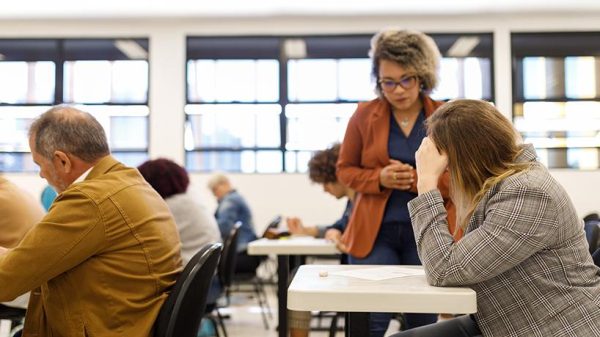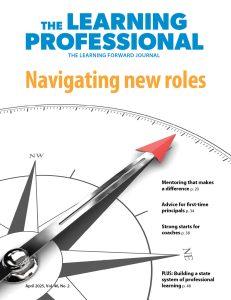[embedyt] https://www.youtube.com/watch?v=dBp70_CZZxk[/embedyt]
I have a restauranteur friend, Lynn. Although we come from different industries and perspectives, we both believe a restaurant needs to have a “strong door”: the good feeling you get when you walk through the door and immediately feel welcomed. Within the first moments of your arrival, the strong door hostess greets you, positively manages your experience if there’s a wait, and makes you feel seen and acknowledged. A strong door creates the impression that you are in a place you want to be.
We’ve all been to restaurants that don’t have a strong door: No one acknowledges your arrival, the “weak door” hostess is in no hurry to ask for your name, and you can feel the indifference as she shows you to your table. Unfortunately, it isn’t just at restaurants where a weak door metaphor works; some district offices, schools and professional learning events have weak doors, as well.
It is not uncommon for educators to grimace when someone talks about education as serving “clients,” and the words “customer service” feel awkward to many. I understand this distaste—we don’t just transact with a consumer, we transformlearners. Even so, the idea of a strong door isn’t a bad one for us to work with. I believe the following examples demonstrate how we can use a strong door in our professional learning opportunities. These ideas are not especially innovative, but can be easily forgotten in the rush of the school year. When you commit to these ideas and make them a part of the day-to-day, job-embedded professional learning your faculty receives, as well as a part of your standard PD days, you increase your chances of getting buy-in and follow-through from a motivated faculty.
Strong door skills for professional learning facilitators
1. Be ready at the start of a professional learning opportunity to greet participants. When restaurants open for business hours, the tables are already set, the water pitchers are full, and the hostess is waiting to greet you at the door. I think professional learning should be the same way: Get to the room an hour before the session to make sure it’s set up right and that the materials are ready. This way, when attendees arrive, you are able to greet them rather than leave them to feel awkward while you run around. I have seen facilitators show up one minute before the session, which leaves the impression that this experience might not matter too much.
2. Know your audience and remove jargon from your communication if you can. At trainings, I often hear acronyms get thrown around, and I am not sure if everyone in the room understands what is being discussed. We can’t expect those outside education to know the letters that stand for a piece of major legislation, or understand the acronyms for committees we have created. This is important to remember because it also applies to new staff. Explaining acronyms and jargon helps everyone get on board and participate in learning.
3. Stay until the end, physically and mentally. Time is valuable, and many of us have commutes and other places to be. However, I see many facilitators packing up materials while the event is still in progress, leaving me to wonder if they’ve also packed up their engagement in the learning. We would never want a restaurant’s staff to take our plates and turn off the lights in the middle of our meal. Likewise, remaining physically and mentally present at events from beginning to end matters. Some of the more important connections happen after the session when a question can be asked one-on-one, or a comment can be made with fewer people in the room.
Make sure to explicitly discuss the importance of a strong door and your intent to make learners feel welcome at your PD sessions. It will set a strong example for everyone to follow. We would do well to demonstrate our care for our district community in every interaction we have, not just with families, but with colleagues, too.
To learn more from Jennifer Abrams, attend her session, 1323 Being Even More Influential, No Matter Your Role, at Learning Forward’s Annual Conference, December 2-6 in Orlando, Florida.








